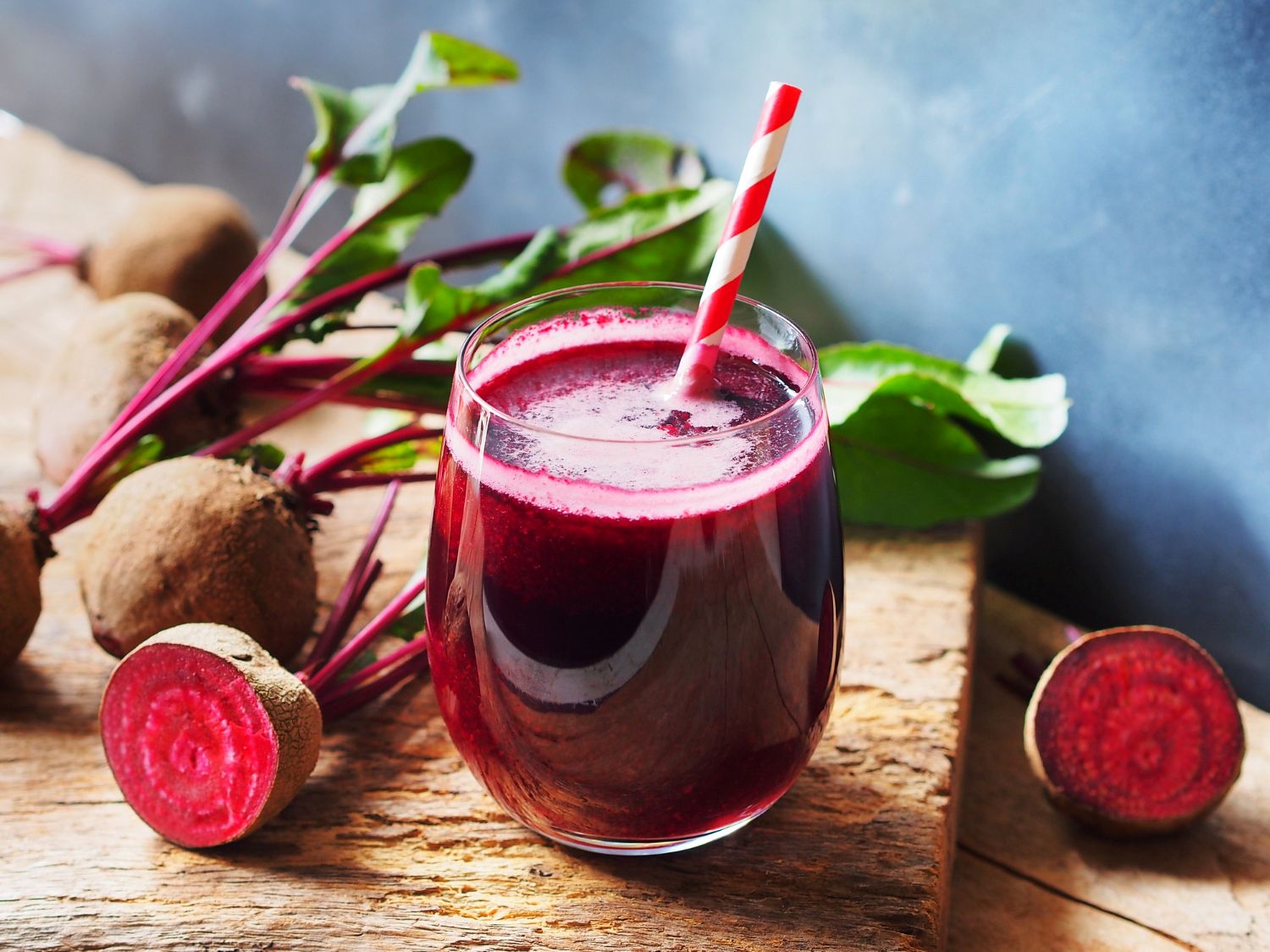Health
Beetroot Juice Enhances Heart Health by Reshaping Oral Microbiome

A recent study conducted by researchers at the University of Exeter reveals that beetroot juice not only contributes to heart health but also alters the oral microbiome, particularly in older adults. The findings suggest that regular consumption of beetroot juice may play a significant role in lowering blood pressure and enhancing cardiovascular function.
The research, published in Free Radical Biology and Medicine, focused on two distinct age groups: individuals under 30 and those over 60. Participants were given concentrated doses of beetroot juice, rich in dietary nitrate, to observe its effects on their oral bacteria and blood pressure. Notably, the older group experienced a substantial reduction in blood pressure levels, a benefit not seen in the younger participants.
After a two-week regimen of consuming beetroot shots twice daily, significant changes were observed in the oral microbiome of the older participants. There was a decrease in the prevalence of Prevotella, a type of bacteria associated with inflammation, and an increase in Neisseria, which is linked to cardiovascular benefits. This alteration in oral bacteria is crucial because these microbes play a vital role in converting dietary nitrate into nitric oxide, a molecule that relaxes blood vessels and supports healthy circulation.
According to Professor Anni Vanhatalo, who led the study, “Older people naturally produce less nitric oxide, so harnessing the power of nitrate through diet could be game-changing.” This statement highlights the potential of dietary interventions, such as increased beetroot consumption, to improve heart health in aging populations.
The study involved 75 participants and was supported by the BBSRC, making it the most extensive examination of its kind concerning the relationship between beetroot consumption and cardiovascular health. Researchers aim to further investigate how factors such as sex, lifestyle, and dietary diversity influence individual responses to nitrate, potentially providing more personalized recommendations for preventing cardiovascular decline.
For those who may not enjoy beetroot, alternatives such as spinach, celery, and kale are also rich in dietary nitrates and can offer similar health benefits. The implications of this research extend beyond mere dietary choices; they suggest a deeper connection between oral health and cardiovascular well-being, particularly as individuals age.
In conclusion, the next time you consume beetroot juice, remember that you might not only be enjoying a nutritious beverage but also taking proactive steps to improve your heart health and overall well-being. The intersection of diet and microbiome research continues to reveal exciting possibilities for enhancing health through simple dietary adjustments.
-

 World5 months ago
World5 months agoSBI Announces QIP Floor Price at ₹811.05 Per Share
-

 Lifestyle5 months ago
Lifestyle5 months agoCept Unveils ₹3.1 Crore Urban Mobility Plan for Sustainable Growth
-

 Science4 months ago
Science4 months agoNew Blood Group Discovered in South Indian Woman at Rotary Centre
-

 World5 months ago
World5 months agoTorrential Rains Cause Flash Flooding in New York and New Jersey
-

 Top Stories5 months ago
Top Stories5 months agoKonkani Cultural Organisation to Host Pearl Jubilee in Abu Dhabi
-

 Sports4 months ago
Sports4 months agoBroad Advocates for Bowling Change Ahead of Final Test Against India
-

 Science5 months ago
Science5 months agoNothing Headphone 1 Review: A Bold Contender in Audio Design
-

 Top Stories5 months ago
Top Stories5 months agoAir India Crash Investigation Highlights Boeing Fuel Switch Concerns
-

 Business5 months ago
Business5 months agoIndian Stock Market Rebounds: Sensex and Nifty Rise After Four-Day Decline
-

 Sports4 months ago
Sports4 months agoCristian Totti Retires at 19: Pressure of Fame Takes Toll
-

 Politics5 months ago
Politics5 months agoAbandoned Doberman Finds New Home After Journey to Prague
-

 Top Stories5 months ago
Top Stories5 months agoPatna Bank Manager Abhishek Varun Found Dead in Well









